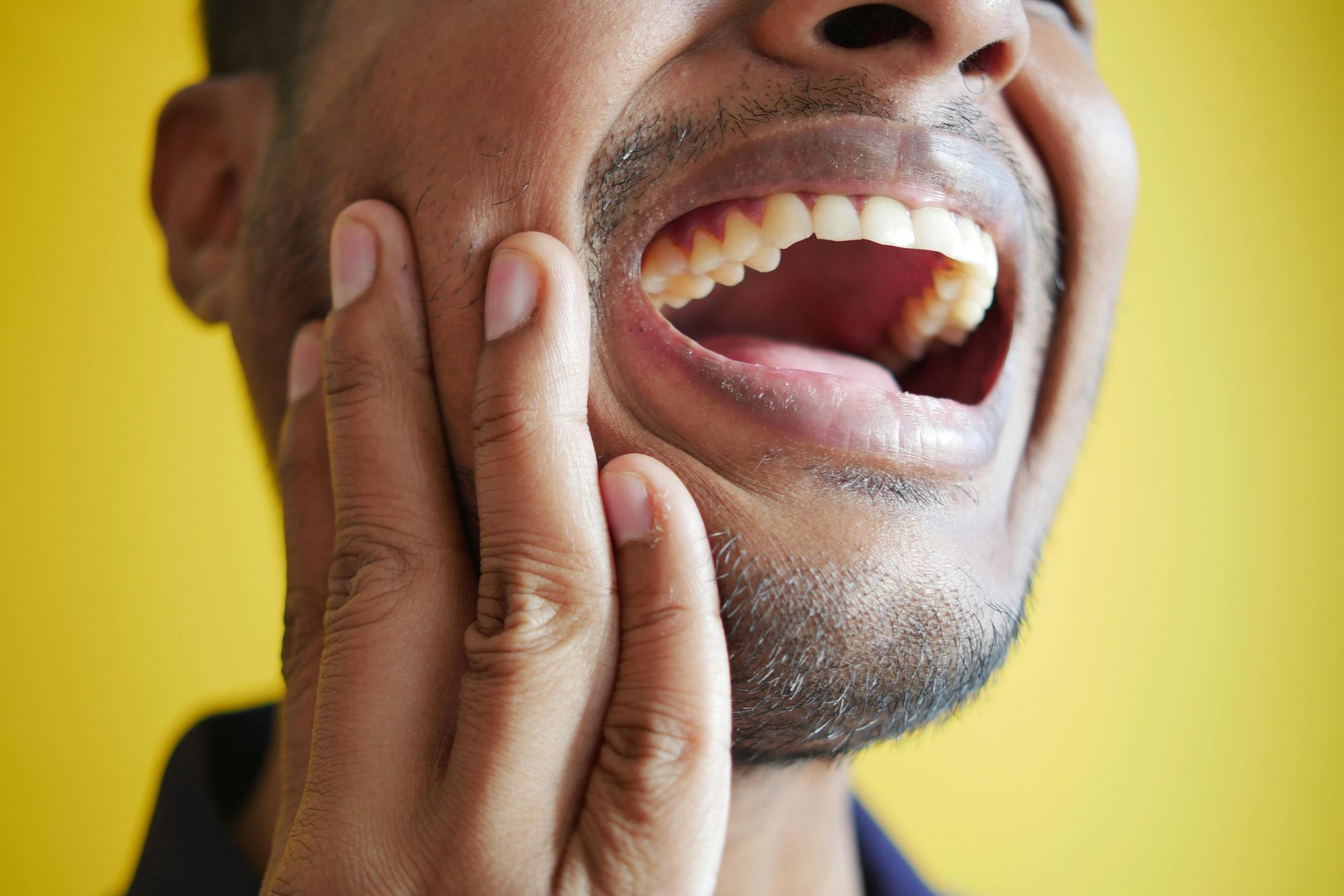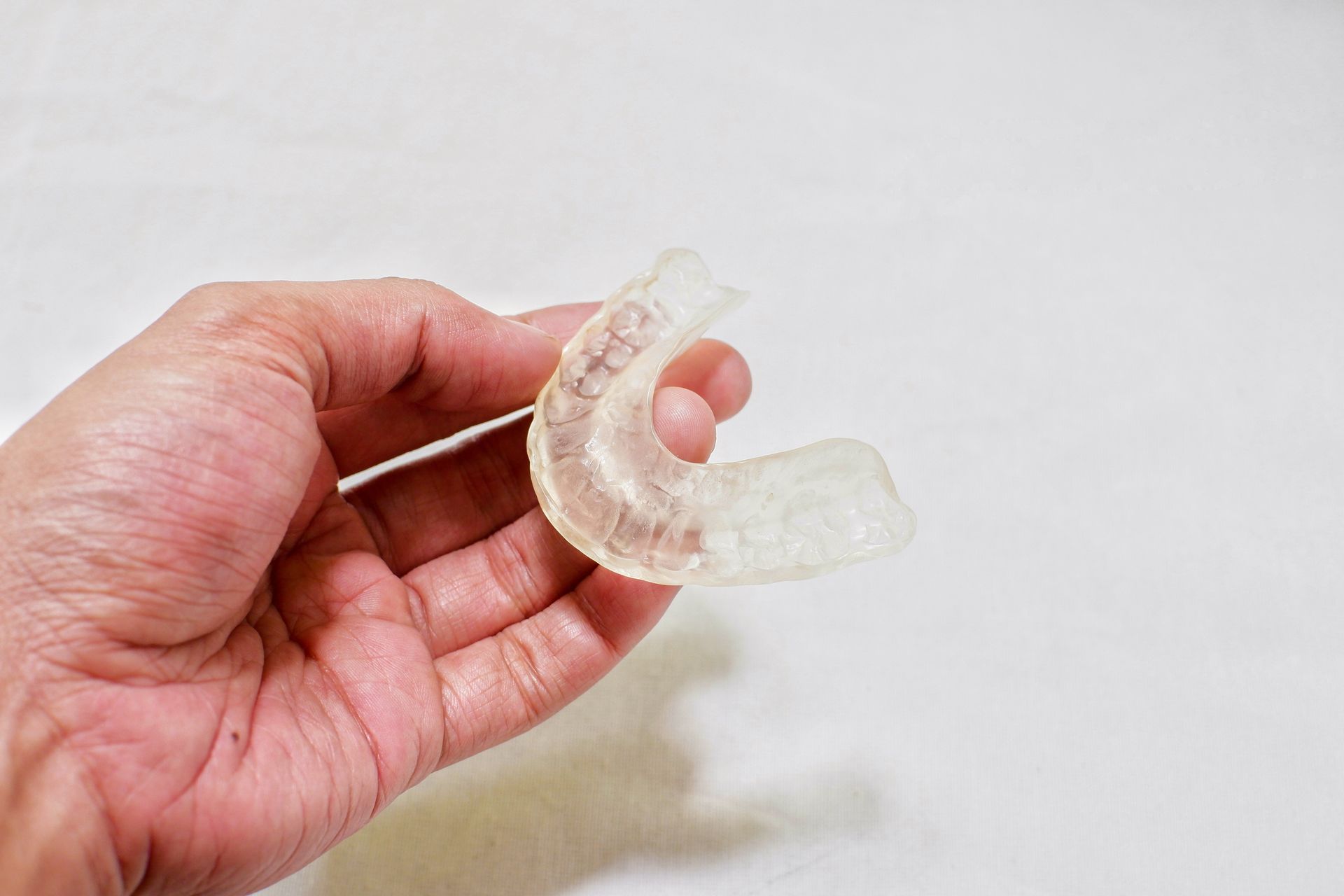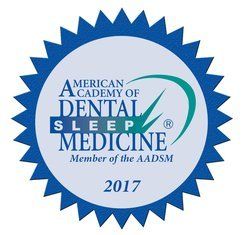TMJ Pain Relief Medication
The temporomandibular joint (TMJ) may be small compared to some other joints in your body, but it can cause significant pain ranging from a dull ache to absolute agony. (The TMJ connects your lower jaw to your skull in front of the ear on each side of your head.) Doctors such as Dr. Katherine Phillipswho focus on treating temporomandibular joint disorders, create effective, individualized treatment plans using a variety of treatment modalities, including pain management with over-the-counter and prescription medication as needed.
Common TMJ Disorder Symptoms
Since TMJ disorders rank second only to chronic low back pain as the common musculoskeletal condition in the U.S., you would think they are effectively diagnosed and treated, but this usually isn’t the case. All too often, TMJ disorders remain undiagnosed or misdiagnosed for years because the symptoms can mimic those of other conditions. Symptoms of TMJ disorder to look for include:
- Headache
Headaches related to TMJ disorder are often misdiagnosed as tension headaches. Typical headache treatments, however, won’t provide relief if an underlying TMJ disorder causes the pain.
- Pain or tenderness of your jaw and jaw joint area
Discomfort can range from a feeling of general achiness at most or all times to debilitating pain while chewing.
- Sore or aching jaw muscles
Your primary jaw muscle, the masseter, covers the sides of the jaw and just behind your cheek. When it’s sore, the sensation can feel like general facial pain in the cheeks, around the jaw, and the TMJ.
- Aching pain around your ear
Is it a chronic earache or something else? Compared to pain from an infection usually felt inside the ear, TMJ-related ear pain is often felt in front of or below the ear. Pain that sharpens when you move your mouth may also indicate a TMJ disorder.
- Pain in the jaw joint while chewing or opening wide
TMJ pain can occur at any time while the jaw joint is resting and moving.
- Clicking/popping noise when you chew
Sometimes TMJ disorder-related noises can be so loud even people near you can hear them. Popping and clicking sounds may be due to the soft cartilage disc that cushions the jaw bone surfaces being out of position.
- Locking of jaw
With severe TMJ disorder, your TMJ can painfully get stuck when your mouth is open or closed to the point where you cannot move it. If this occurs, seek immediate help from an expert in TMJ disorder treatment.
Over-the-Counter Medications and Supplements
Over-the-counter medications are typically recommended as first-line treatment for TMJ-related pain. The two main categories of commonly used pain relievers are acetaminophen and non-steroidal anti-inflammatory drugs (NSAIDs). Always consult your doctor before taking any over-the-counter medication, including pain medications and supplements.
Non-Steroidal Anti-Inflammatory Drugs (NSAIDS)
A modern miracle, NSAIDs have revolutionized pain treatment by reducing inflammation. They include:
- Aspirin - reduces substances in the body that cause pain, fever, and inflammation.
- Ibuprofen (Advil, Motrin) - blocks the production of prostaglandins, hormone-like substances that cause bodily pain, inflammation, and swelling.
- Naproxen (Aleve) - stops the enzyme that produces prostaglandins.
Acetaminophen (Tylenol)
Reduces pain by elevating the body’s overall pain threshold. Unlike NSAIDs, acetaminophen does not have anti-inflammatory properties.
Dietary Supplements
Some supplements may improve joint comfort and function. Among them is glucosamine, a natural compound found in cartilage. Glucosamine supplements may reduce pain and help rebuild cartilage in the joint. Often combined, glucosamine and chondroitin may form a TMJ pain-fighting duo. Folic acid supplements (folate, also known as vitamin B9 ) may help relieve TMJ joint pain.
Prescription Medications
If you have tried over-the-counter medications without adequate relief, prescription-strength medicines may be required. With a variety of options, your treatment provider can prescribe the following:
Prescription NSAIDs
Prescription NSAIDs are more potent than over-the-counter NSAIDs. The list includes ketorolac (Toradol) and diclofenac (Voltaren), which have been shown to reduce TMJ pain and swelling.
Muscle Relaxants
Centrally acting Muscle relaxants help relieve TMJ disorder-related jaw pain and discomfort by relaxing the jaw and face muscles and decreasing muscle spasms. Commonly known muscle relaxants include Soma, Skelaxin, Zanaflex, and Robaxin. Cyclobenzaprine (Flexeril) blocks nerve impulses (or pain sensations) sent to the brain. Diazepam (Valium) has also been shown to relieve TMJ-related pain.
Anti-anxiety Medications
Anti-anxiety medications such as alprazolam (Xanax) and lorazepam (Ativan) help relieve the stress that may aggravate TMJ disorders. Always consult a medical expert who can determine if anti-anxiety medication is an appropriate treatment to meet your needs.
Corticosteroids
Corticosteroids, such as prednisone and triamcinolone, are powerful anti-inflammatory medications that may be prescribed if your jaw pain and inflammation are chronic.
Antidepressants
Antidepressants prescribed in doses lower than those to treat depression may help reduce or control TMJ disorders and, thus, related pain. Tricyclic antidepressants (TCAs), such as amitriptyline (Elavil), are often the most effective. Always consult a medical expert who can determine if antidepressant medication is appropriate to meet your needs.
Neuropathic Pain Medications
Neuropathic pain medications, which are anticonvulsants, quiet overactive neurons. Gabapentin (e.g., Neurontin) is used to address pain caused by nerve damage and has been shown to reduce TMD pain.
Get Help
If you know or suspect you have a TMJ disorder, find out how Dr. Katherine S. Phillips can help you find relief. She holds a Master of Science in Orofacial Pain, is board certified in dental sleep medicine, and has dedicated her practice to the treatment of TMD (temporomandibular joint disorders) and sleep breathing disorders (obstructive sleep apnea and snoring)for the last 11 years. Dr. Phillips has treated thousands of patients and will develop a customized treatment plan to meet your needs best. Call to schedule an appointment today.
-2700x842-1920w.png)

















